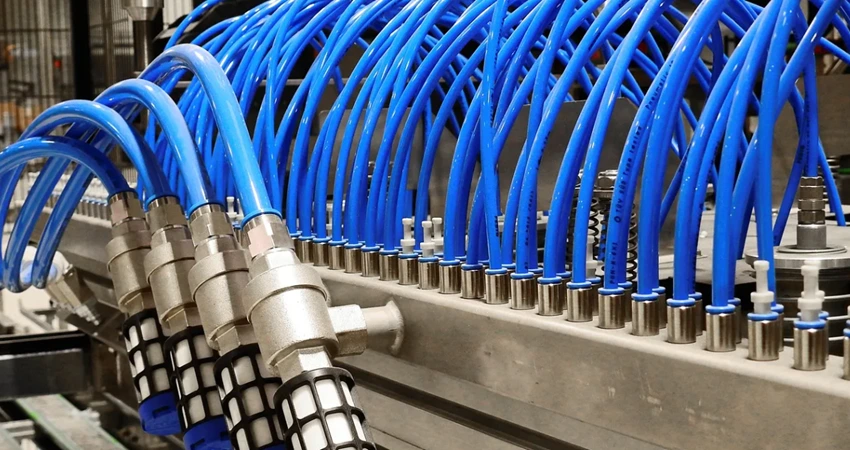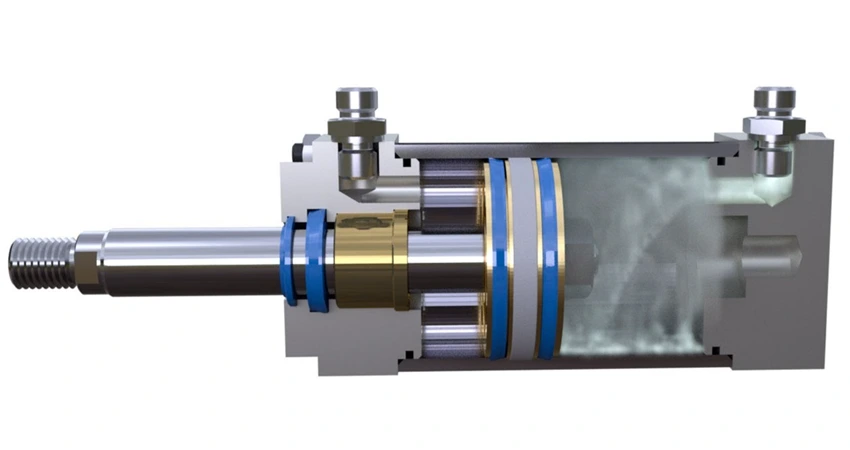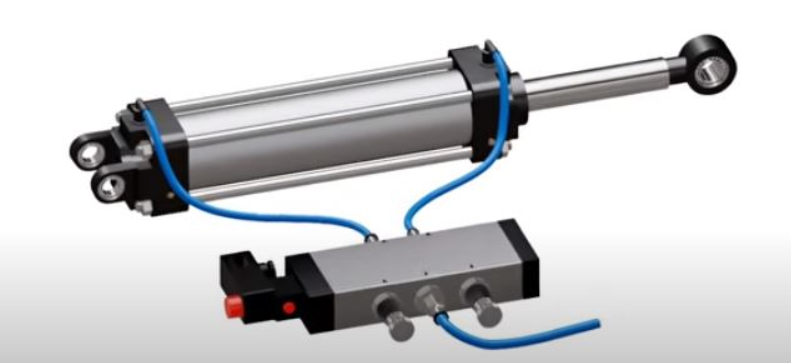PRINCIPLES OF TQM

The important underlying principles of TQM are as follows:
- Customers’ requirements must be met the first time, every time.
- There must be agreed requirements, for both internal and external customers.
- Everybody must be involved, from all levels and across all functions.
- Regular communication (both formally and informally) with staff at all levels is must. Two way communication at all levels must be promoted.
- Identifying training needs and relating them with individual capabilities and requirements is must.
- Top management’s participation and commitment is must.
- A culture of continuous improvement must be established.
- Emphasis should be placed on purchasing and supplier management.
- Every job must add value.
- Quality improvement must eliminate wastes and reduce total cost.
- There must be a focus on the prevention of problems.
- A culture of promoting creativity must be established.
- Performance measures are a must at organisation, department and individual levels. It helps to assess and meet objectives of quality.
- There should be focus on team work.
Note: The four pillars of the TQM house are: (i) Problem solving discipline; (ii) Interpersonal skills; (iii) Teamwork; and (iv) Quality improvement process.
| Read More Topics |
| Calibration of three co-ordinate measuring machine |
| Alignment tests on milling machine metrology |
| Different types of interferometer |





